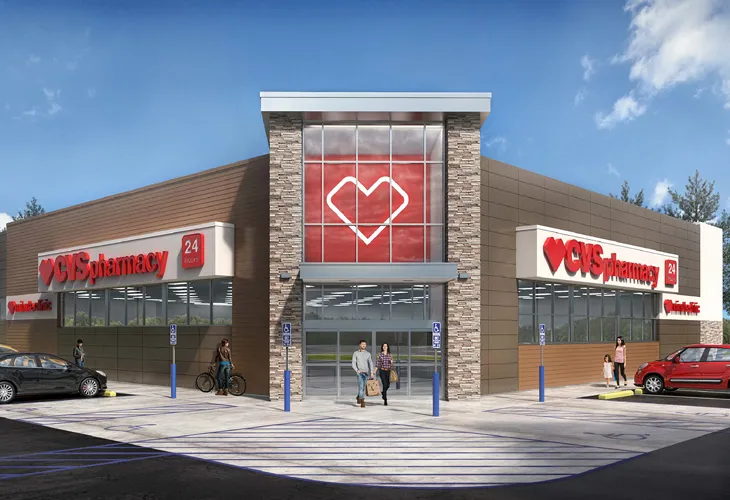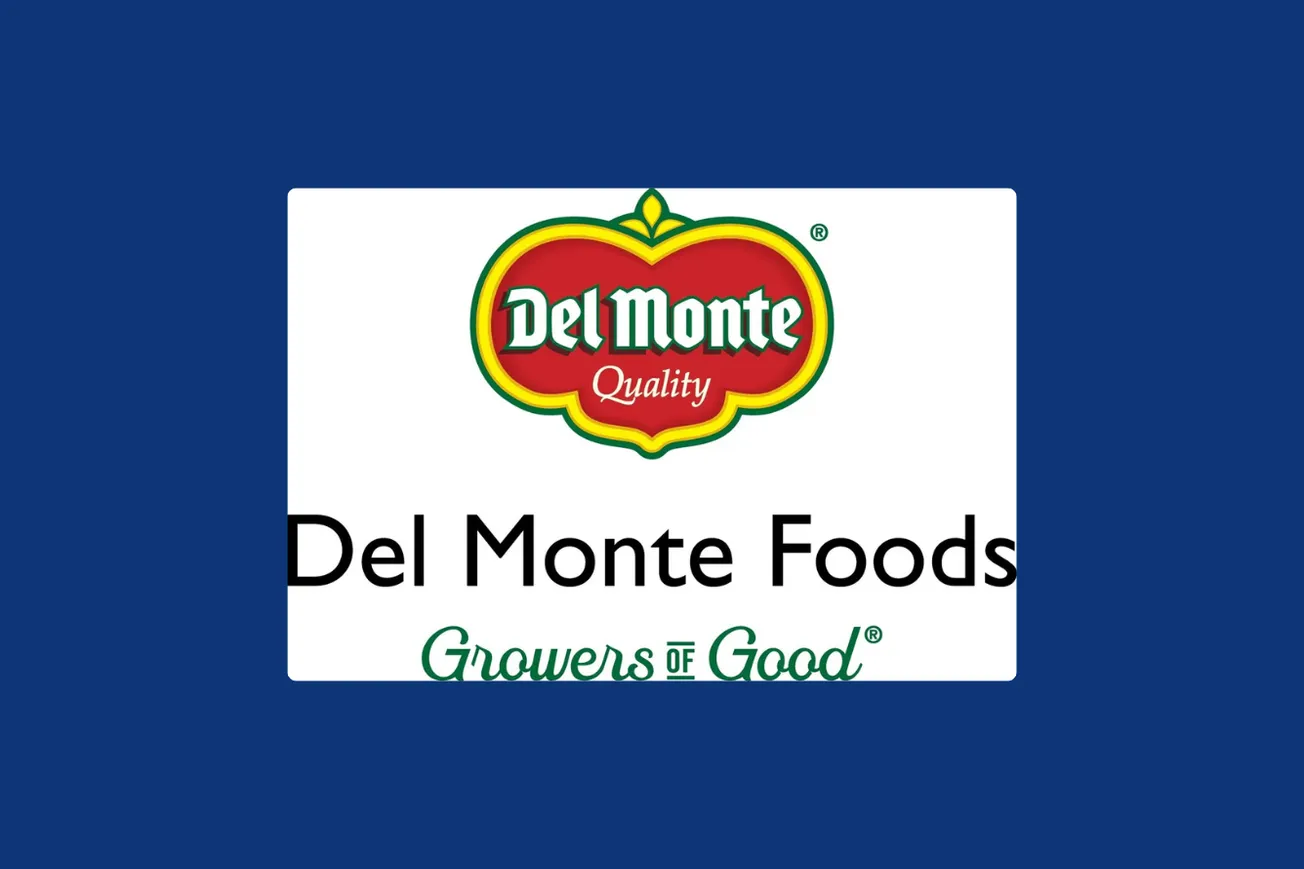WOONSOCKET, R.I. — CVS Health announced the company and its foundations are giving more than $1 million in new investments to address food insecurity and other community needs in response to ongoing challenges presented by the COVID-19 pandemic.
The CVS Health Foundation will also match up to $1 million in employee contributions to the CVS Health Employee Relief Fund, a public charity supporting colleagues during unanticipated and unavoidable financial hardships and emergencies. The fund will make $1,000 grants available to employees to address qualifying emergency needs related to the pandemic. CVS Health is also easing programmatic restrictions on certain grants made by the company and its foundations in 2019 and 2020 to give nonprofit organizations more flexibility to use the donated funds to address the most pressing needs.
 “Supporting the communities we serve and building on the steps CVS Health has taken to support its employees aligns with our purpose of helping people on their path to better health,” said Eileen Howard Boone, senior vice president of corporate social responsibility and Philanthropy for CVS Health, and president of the CVS Health and Aetna Foundations. “We’re also focused on much-needed flexibility for our partners, including loosening existing grant guidelines whenever possible.”
“Supporting the communities we serve and building on the steps CVS Health has taken to support its employees aligns with our purpose of helping people on their path to better health,” said Eileen Howard Boone, senior vice president of corporate social responsibility and Philanthropy for CVS Health, and president of the CVS Health and Aetna Foundations. “We’re also focused on much-needed flexibility for our partners, including loosening existing grant guidelines whenever possible.”
CVS Health and its foundations are addressing community needs with support for United Ways and other community organizations responding to the pandemic. Much of that support is dedicated to Rhode Island, Connecticut and Arizona, where many of the company’s employees are based. The CVS Health Foundation has provided $100,000 to the United Way of Rhode Island to support the Rhode Island COVID-19 Response Fund, and the Aetna Foundation has provided $100,000 to support the Connecticut United Ways’ Neighbors in Need Emergency Response Fund. In addition, the company has provided $50,000 to the Arizona Community Foundation’s COVID-19 Community Response Fund.
CVS Health is also providing $250,000 to support the nation’s largest domestic hunger-relief organization, Feeding America, which is responding to the pandemic by distributing emergency food boxes to its network of 200 food banks across the country to support vulnerable populations. The company is further addressing food insecurity with support for local food banks and nutrition-focused nonprofit organizations in many states, including some of the hardest-hit such as New York, California and Washington.
“There are many people in the communities we serve who lack access to basic needs, including food and personal hygiene products. We’re supporting organizations of all sizes that have the infrastructure in place to provide relief in the safest way possible,” said Boone.






